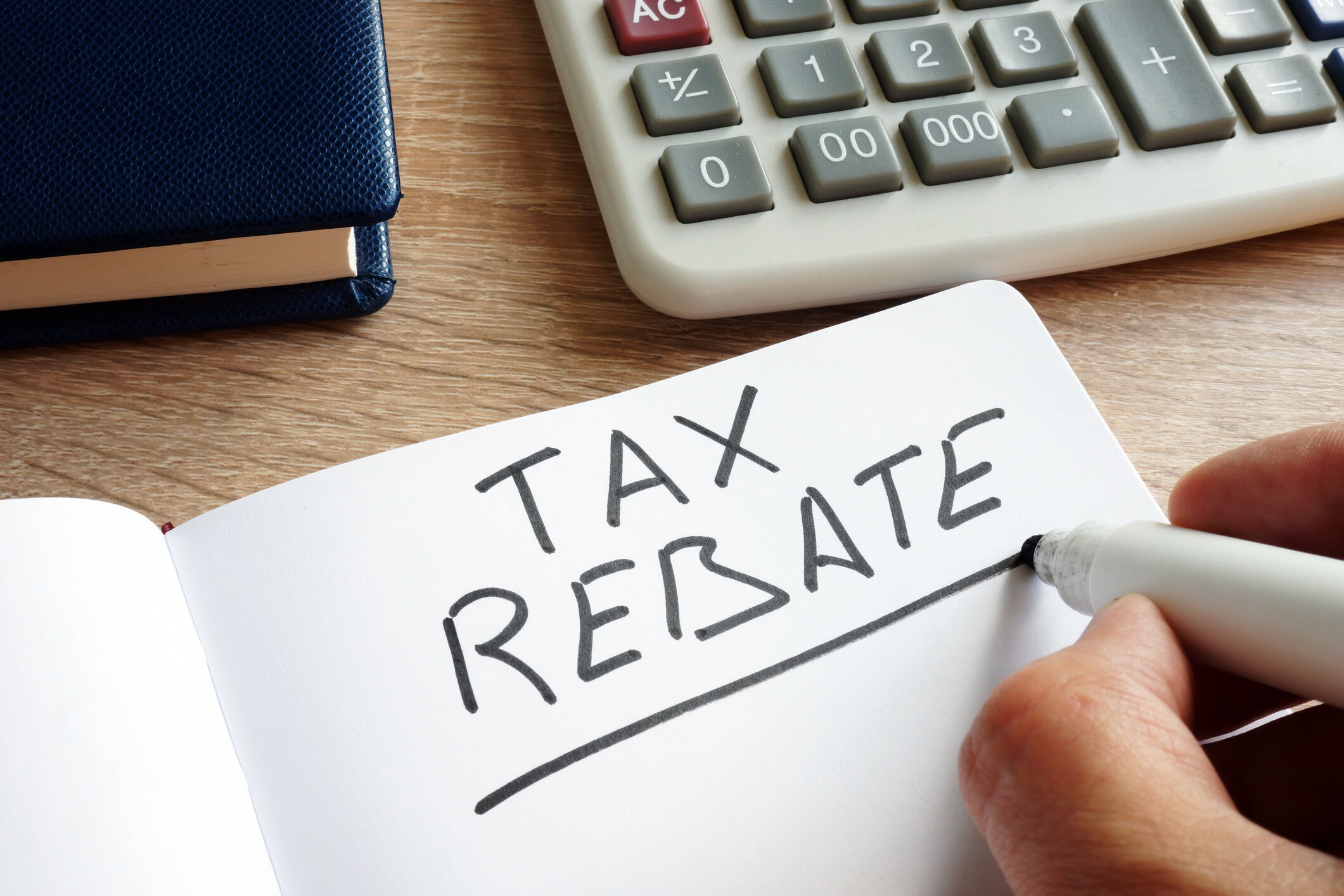Heating and cooling systems, such as central air conditioners and furnaces, account for some of the highest energy costs in homes. That’s why it’s so important to compare energy costs when you need to get a new HVAC system. Keep the following tips in mind for comparing energy costs for different kinds of HVAC systems.
Consider the Energy Source
One of the first factors to consider when you compare energy costs is the source of energy an HVAC system uses. For example, some furnaces use natural gas to produce heat, while others use electricity. In this case, you would need to compare energy costs for natural gas vs. electricity as an energy source.
Gas vs. Electricity
Will it cost you less to get an HVAC system that uses natural gas or one that runs on electricity? You’ll need to find out the average costs of these utilities in your area to determine this. While these costs can vary, natural gas usually costs less than electricity overall. This means you’ll likely pay less when you heat your home with a gas furnace compared to an electric one. Keep in mind that both gas and electric costs fluctuate, so the cost of heating your home with either option could go up at times.
HVAC Needs
In addition to considering the cost of natural gas vs. electric, think about how much you normally use your heating and cooling system. This depends on local weather conditions, which can change drastically at times, as well as your individual comfort. If you usually turn your thermostat up quite a bit in winter, going with a lower energy source, such as gas, could save you money compared to running an electric furnace often.
If you need to compare energy costs for a new HVAC system, please contact the experts at Air Assurance. We can assist you with choosing the most cost-efficient HVAC system for your Broken Arrow home.














